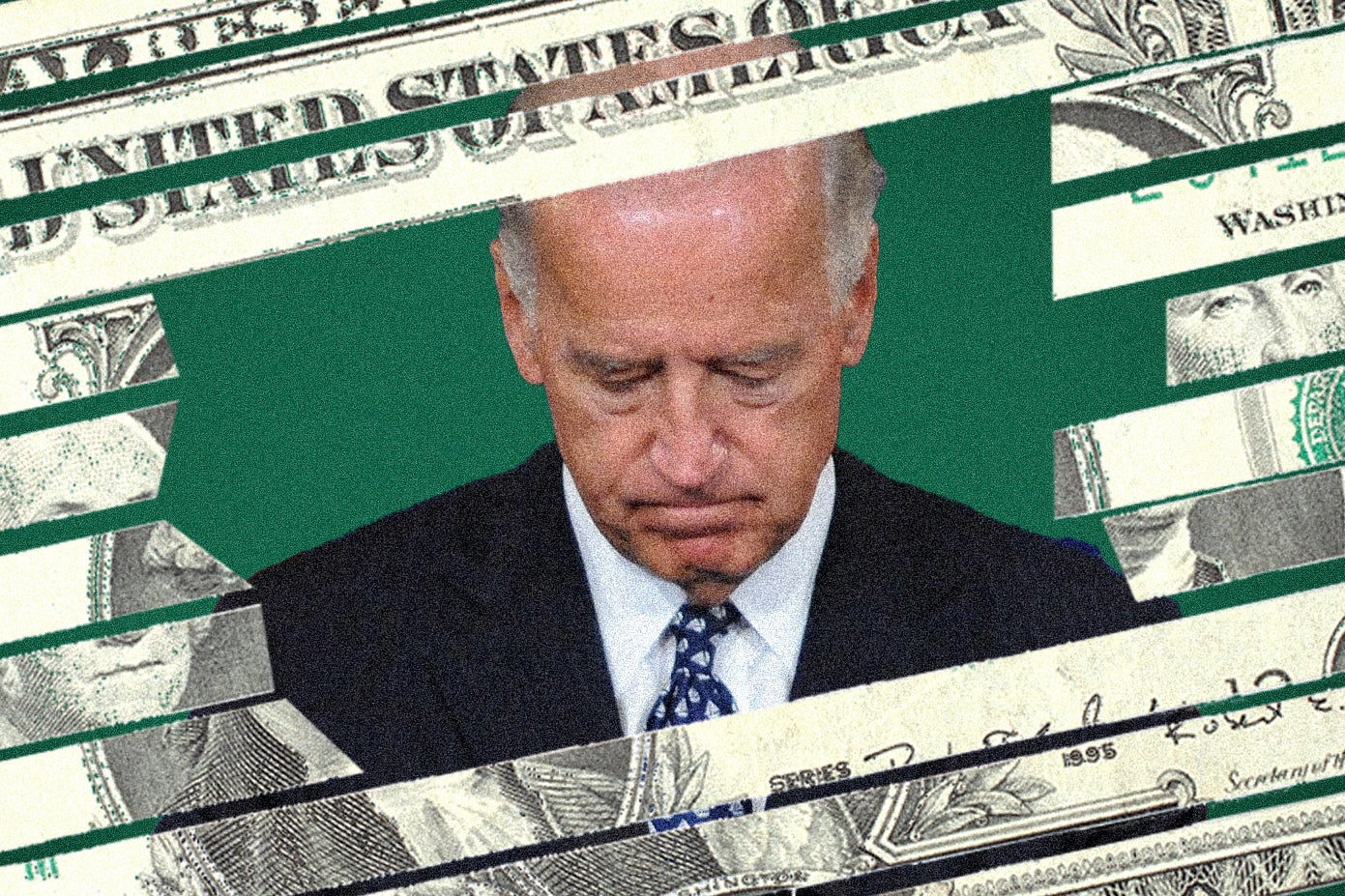Senator Ted Cruz is in a surprisingly competitive race in Texas as recent polls appear to indicate his Democratic opponent is gaining traction.
Texas has historically been a solidly Republican state, sending Republicans to the Senate every election since 1990, and to the governor’s mansion since 1994. Texas has not voted to put a Democrat in the White House since 1976, and former President Donald Trump is on track to win in Texas again in November.
But recent polling has shown that incumbent Republican Senator Ted Cruz could be struggling to defend his seat against his opponent, U.S. Rep. Colin Allred. The most recent poll to come out of the state, conducted by Morning Consult between September 9 and 18, showed that for the first time ever, Allred was one point ahead of Cruz, on 45 percent to his 44 percent among 2,716 likely voters. His lead was within the poll’s margin of error of +/-2 percentage points.
“For the first time in this race, a new poll has us leading Ted Cruz by 1 point. I don’t know about y’all but I’m fired up and ready to WIN! We’ve got 47 days, let’s do this Texas,” Allred said in a post on X, formerly Twitter.
While this is the only poll that has given Allred a lead, others have shown that Cruz is only ahead of the former NFL linebacker by a narrow margin. One recent statewide poll published by Emerson College and The Hill, conducted between September 3 and 5, showed that Cruz was 4 points ahead—a lead just outside of the poll’s margin of error of +/-3.3 percent.
Brett Loyd, president and CEO of polling company The Bullfinch Group, told Newsweek that the state is anybody’s to win.
“The Texas Senate race is a tossup. It should have always been considered a tossup. That is not to say Cruz will lose, but the race should be looked at as anyone’s game,” he said.
Newsweek has contacted the Cruz and Allred campaigns for comment via email.
The Cook Political Report still classifies the Senate race in Texas as a likely Republican seat. RealClearPolitics’ polling tracker puts Cruz on average 6 points ahead. Nonetheless, some Republicans are still worried about how close the polls have been in this race so far.
Tom Williams/CQ Roll Call/Paul Sancya/AP Images
“What the hell is wrong with the Senate race in Texas ? I think i know …and i think i know his name…time to get some real professionals in to save @tedcruz,” Donald Trump’s campaign manager, Chris LaCivita, recently wrote in a post on X.
Fundraising hauls by the Democrats in the state may also be a cause for concern among Republicans.
Allred joined the race in May 2023, so his fundraising lagged behind Cruz’s head start. In total, the Texas Republican has raised a total of $59.6 million, while Allred has raised about $38.4 million to date, according to data from the Federal Elections Commission (FEC).
Cruz’s campaign also has more money in its pockets—FEC data shows him with $12.7 million in cash on hand, compared to Allred’s $10.5 million.
Still, the fundraising totals appear to show liberal donors who are energized by the opportunity to unseat Cruz, who, in 2018, only narrowly defeated his opponent Beto O’Rourke by 214,921 votes out of more than 8.3 million cast.
“For this class of Senators, in 2018, the 6 tightest races (in order) were Florida, Arizona, Texas, West Virginia, Montana, Nevada. [Joe] Manchin retiring means West Virginia is out, but other than that, these are the first states people should be talking about when looking at ‘tight races.’ And Texas has changed so much from 2018; to think that Cruz is safe is silly,” Brett Loyd told Newsweek.
“The argument I keep hearing among people from Texas is ‘it’ll never happen; a Democrat will never win here statewide.’ That argument is tired. States change, populations shift. Cruz won by 2 points six years ago in a state that has only became more purple year after year. To say the race isn’t a top-tier tossup because ‘it doesn’t happen in Texas’ is nonsensical. Cruz may win, but this race is absolutely a tossup,” Loyd added.
However, Joshua Blank, director of research for the Texas Politics Project at The University of Texas at Austin, disagreed, telling Newsweek that it is “highly unlikely” that Cruz will lose in the state in November.
While he acknowledged that elections are “tightening up” in Texas, he cautioned that the Morning Consult poll giving Allred a lead is the only one to have done so in this election cycle.
“Cruz’s close call with O’Rourke in 2018 took place in an election year that favored Democratic candidates, and whether 2024 ultimately turns out to favor one party or neither remains to be seen. Republicans still maintain an advantaged position in Texas, but that advantage is clearly diminishing, and the electoral environment is a big factor in determining how close the election ultimately turns out to be,” he added.
“But barring unforeseen circumstances, I think it’s highly unlikely that Allred will beat Cruz in this election, though I still expect a close race.”

Newsweek Illustration/Canva















